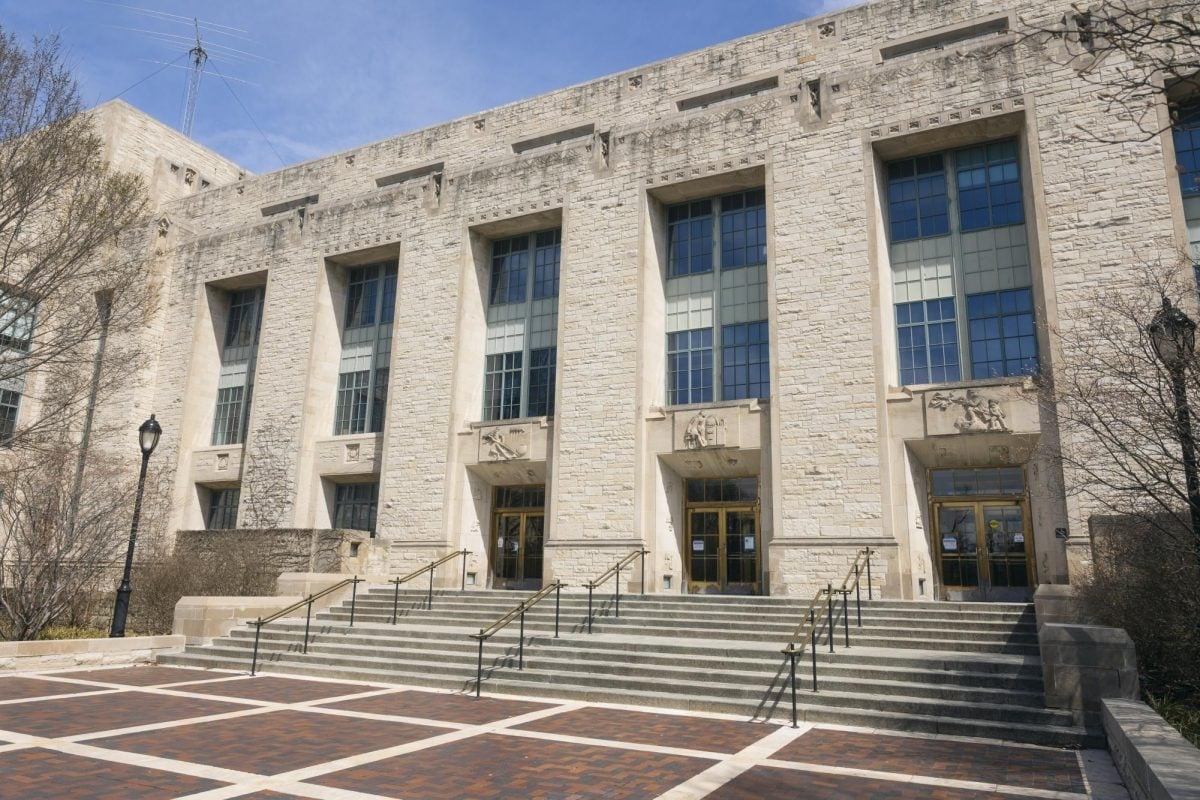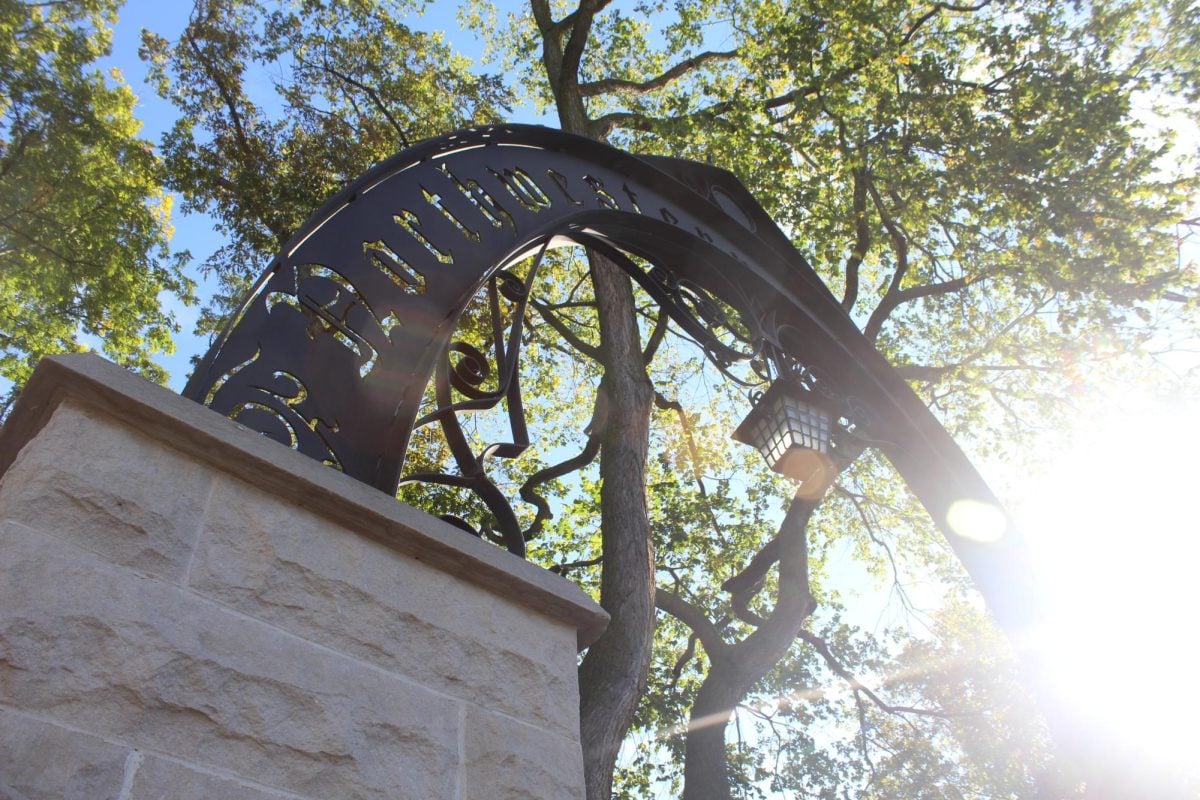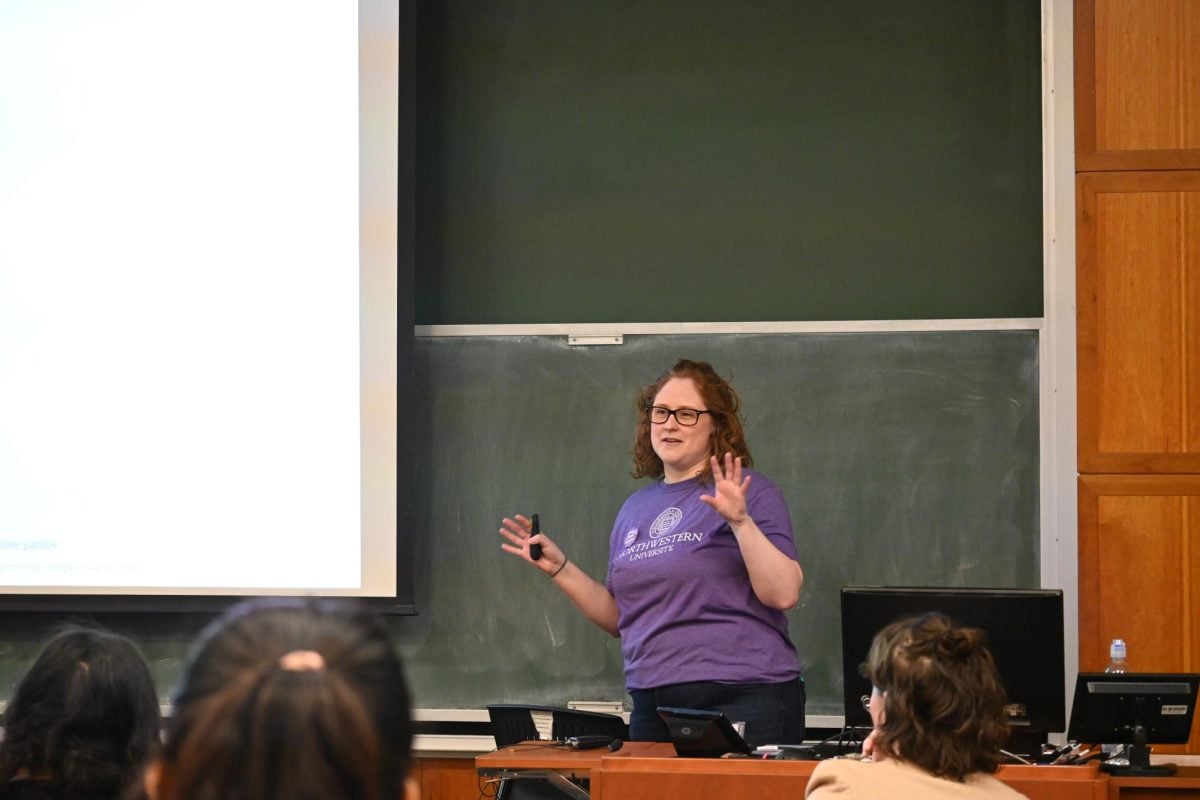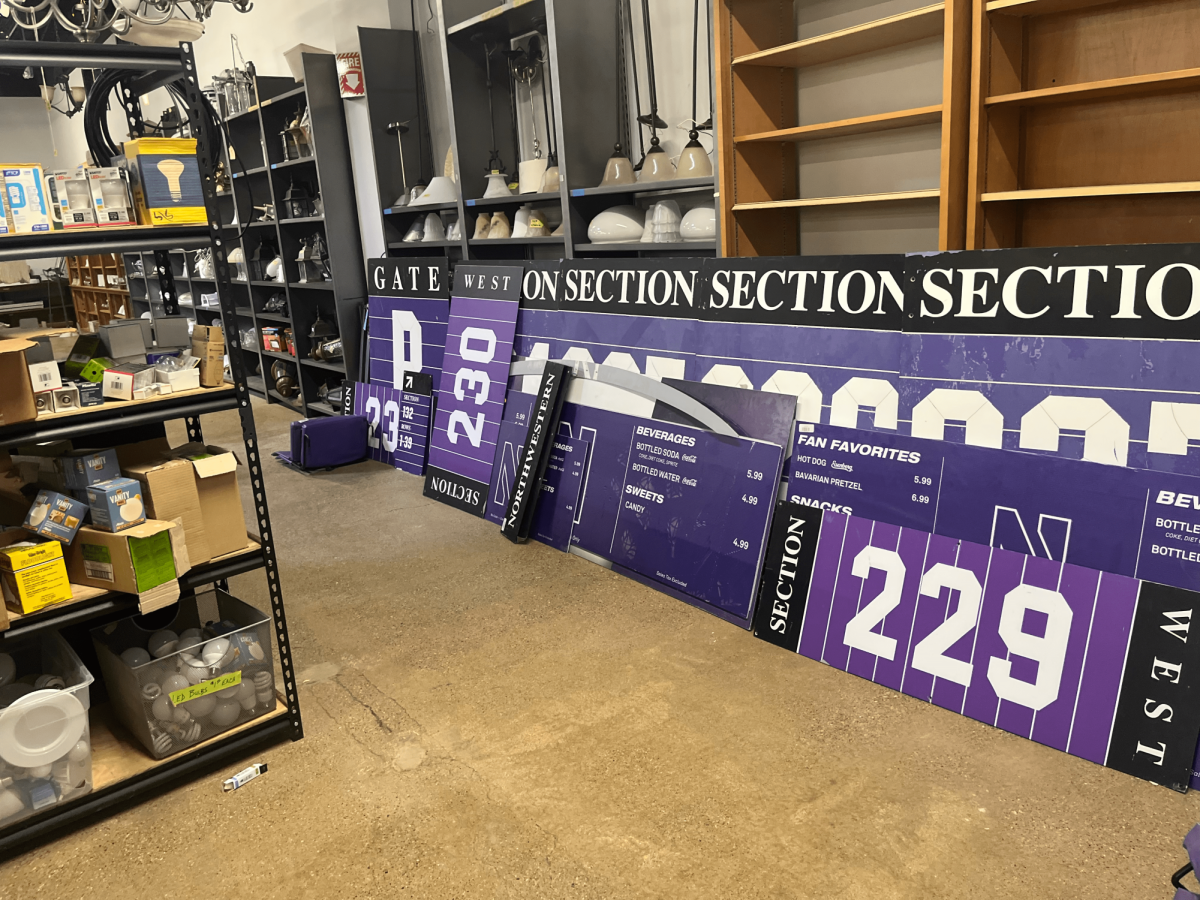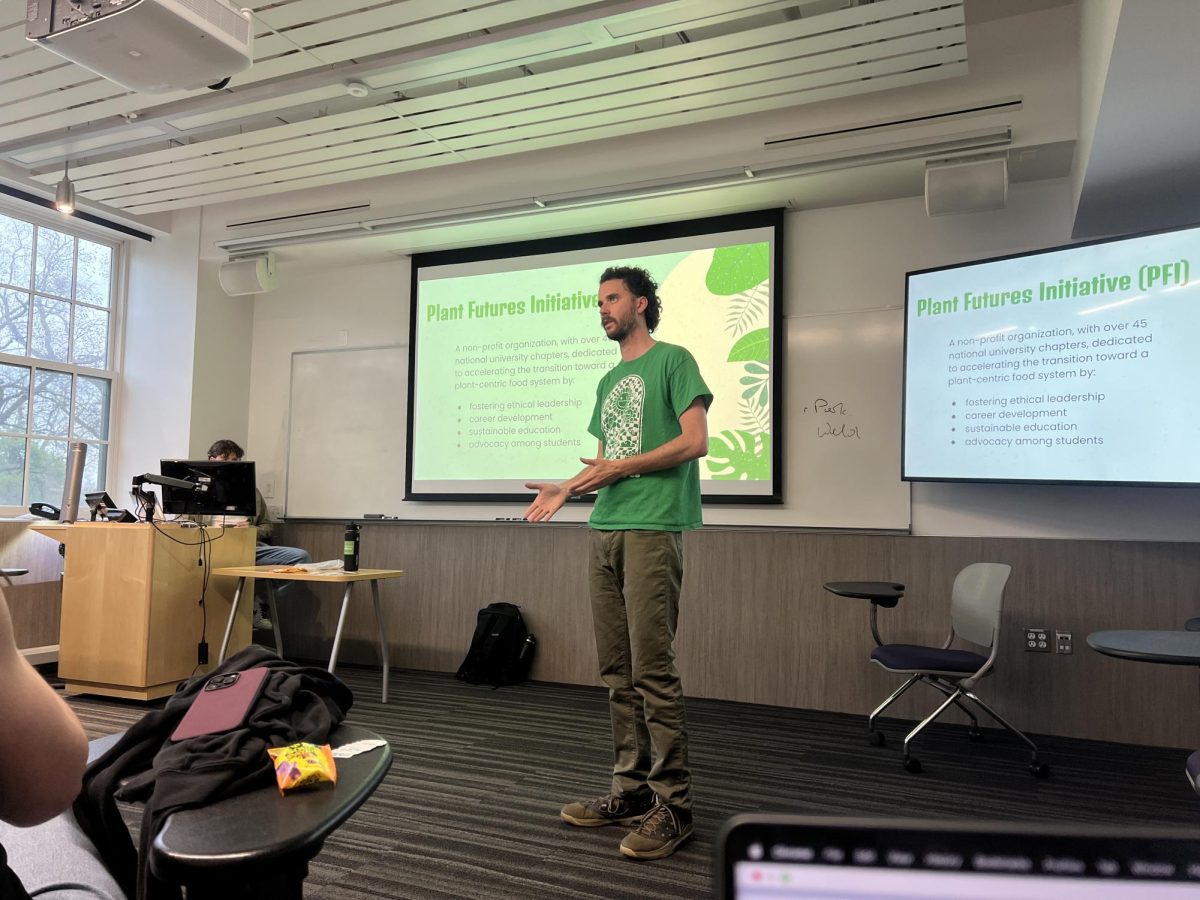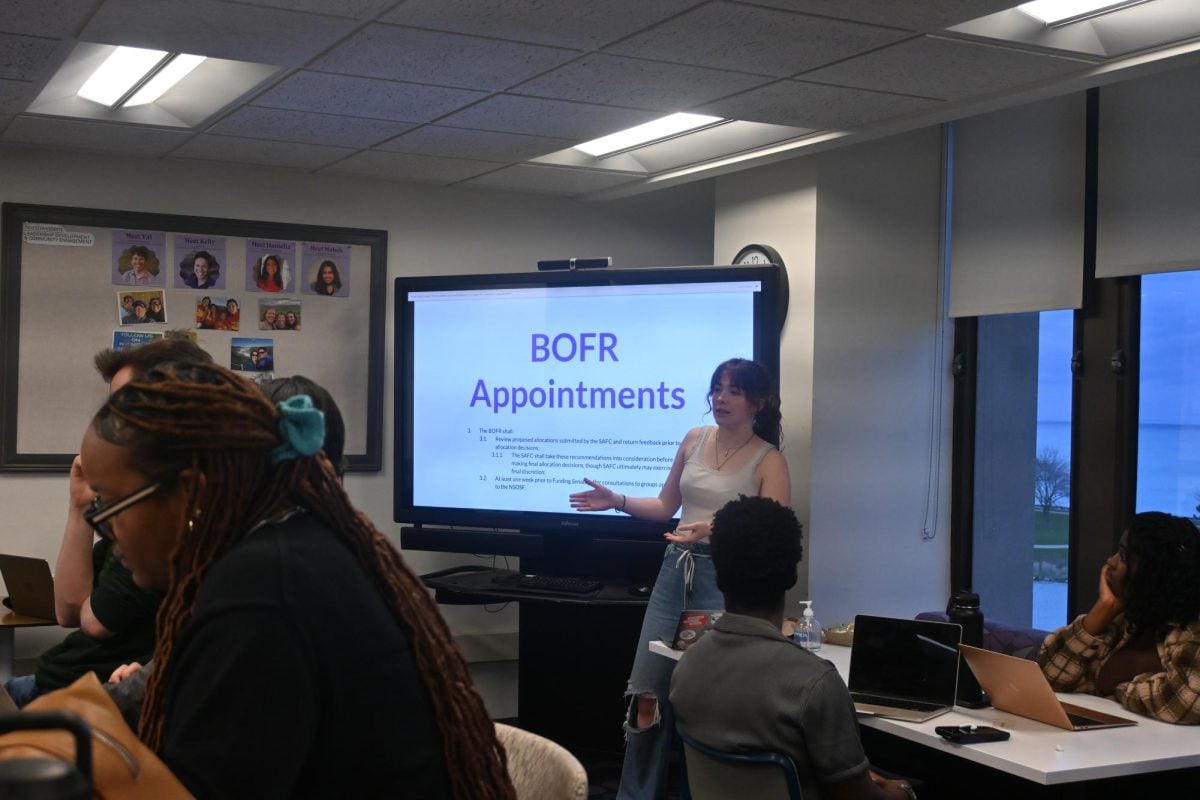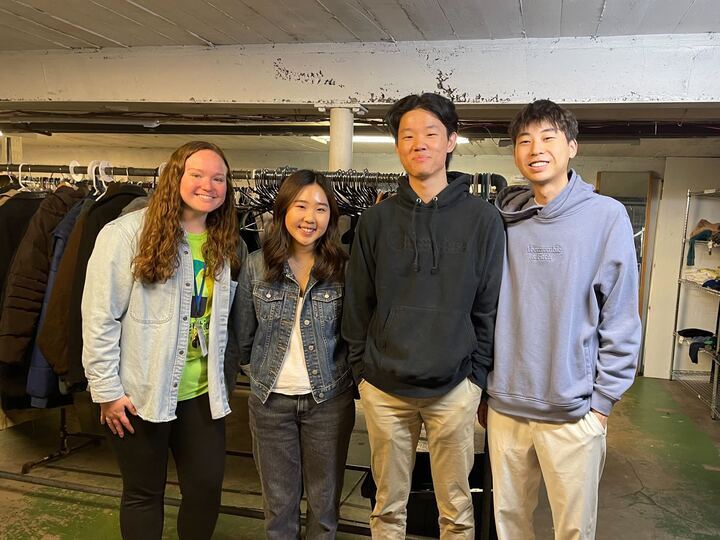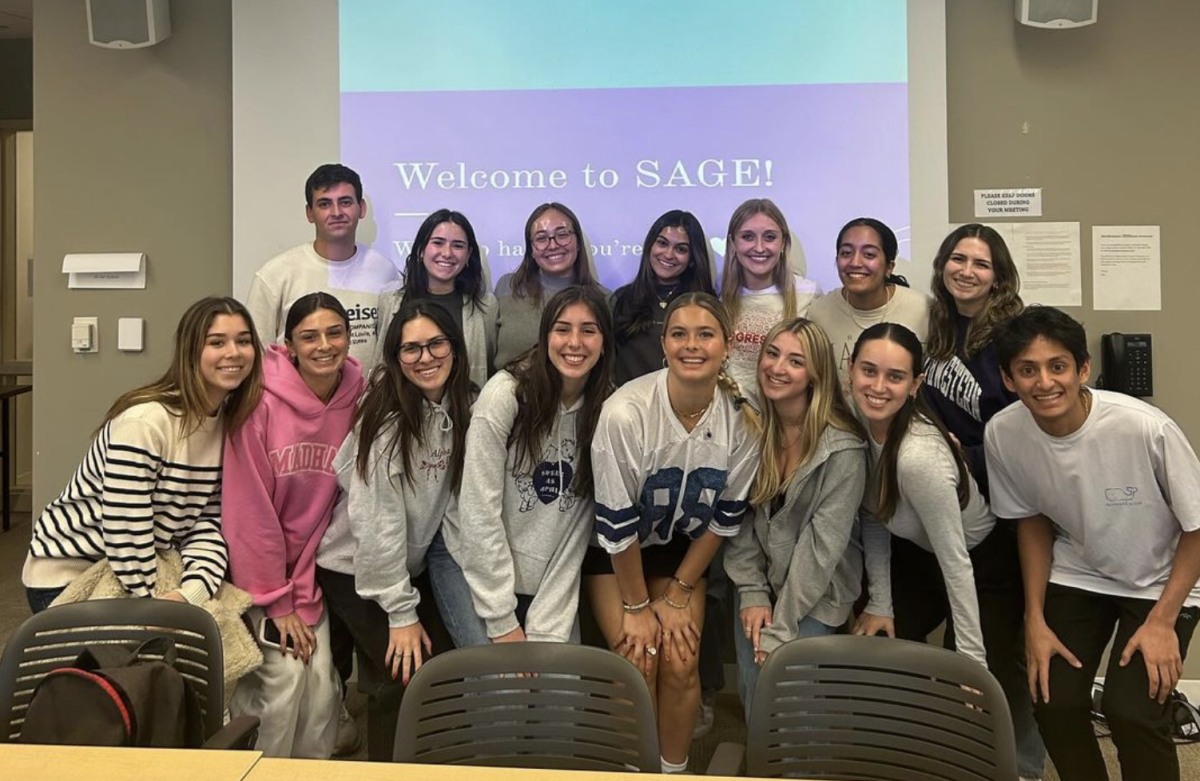In the past few years, the Medill Justice Project has undergone many changes, most recently changing its name from the Medill Innocence Project.
But one major turning point occurred for the organization last year, when it began focusing on a different type of case, one director Alec Klein said they formerly had a policy of avoiding: shaken baby syndrome. Although students in the organization’s investigative class, offered through Medill, look into many different cases of potential innocence, this year they have made major developments in two shaken baby syndrome cases and are creating a United States database on a criminal justice issue about which little is known.
Klein said hundreds of parents and caregivers have been charged with causing shaken baby syndrome, in which an infant suffers severe head injuries as a result of violent shaking. Klein said these cases are usually very difficult to investigate due to a lack of witnesses.
“Oftentimes, the infant is under the care of a caregiver, and there are no other adults there,” he said. “In some cases the only witnesses were other infants.”
But that did not deter Klein from examining the issue.
“Just because something’s difficult doesn’t mean you shouldn’t do it,” he said. “It’s because it’s difficult that we should do it.”
The Justice Project published last week that they recently won a six-month federal court battle to gain brain scans of an infant whose death is at the center of one of the cases the organization is investigating. Jennifer Del Prete, a Chicago-area daycare worker, was sentenced to 20 years in prison in 2005 after being convicted of shaking a 3-and-a-half month-old infant, causing fatal head injuries. She has maintained her innocence, and Klein said the documents and advances in medical science since her original conviction will play an important role in her case.
“That was a big breakthrough,” Klein said.
During Fall Quarter, the Justice Project published a report about its findings in the case of Pamela Jacobazzi, a babysitter who was convicted of first-degree murder charges in a shaken-baby case, receiving a 32-year prison sentence in May 1999. Klein said the Medill Justice Project contacted an eye doctor who testified at the time of the case the deceased infant’s injuries could only have been sustained through shaken baby syndrome.
However, the eye doctor told Medill students that, based on new research, it is possible that those types of injuries resulted from other causes, ranging from disease to a fall.
“That’s huge because the determination of the eye doctor at that time … was a central reason why she ended up being convicted,” Klein said. “The fact that (the students) were able to get the expert to revisit this issue and eventually change her position is really remarkable.”
Klein said he was told the students’ findings would be used when Jacobazzi’s lawyer appeals to the Illinois governor for clemency in her case later this year.
In addition to these individual cases, the organization is teaming up with McCormick graduate students to compile a nationwide database that will gather information about shaken baby syndrome cases, Klein said. He said when beginning their research, the organization realized there was not a resource where that is readily available, and students will work on compiling that information for the next several years. He said they are currently “sifting through” more than 1,500 cases.
Students involved with the project are researching many different aspects of shaken baby syndrome because many recent studies are challenging old ideas about the crime. Medill freshman Elisa O’Neal assists Klein and is researching the origins of shaken baby syndrome so readers can understand where these diagnoses come from and how they result in wrongful convictions.
“It’s like a puzzle you have to put together,” she said.
Medill junior Amanda Oppold started Klein’s investigative reporting class this quarter and is researching the biomechanics behind shaken baby syndrome.
“It’s opened my eyes a lot,” Oppold said. “It’s made me realize how powerful reporting can be and how much you can really change.”

